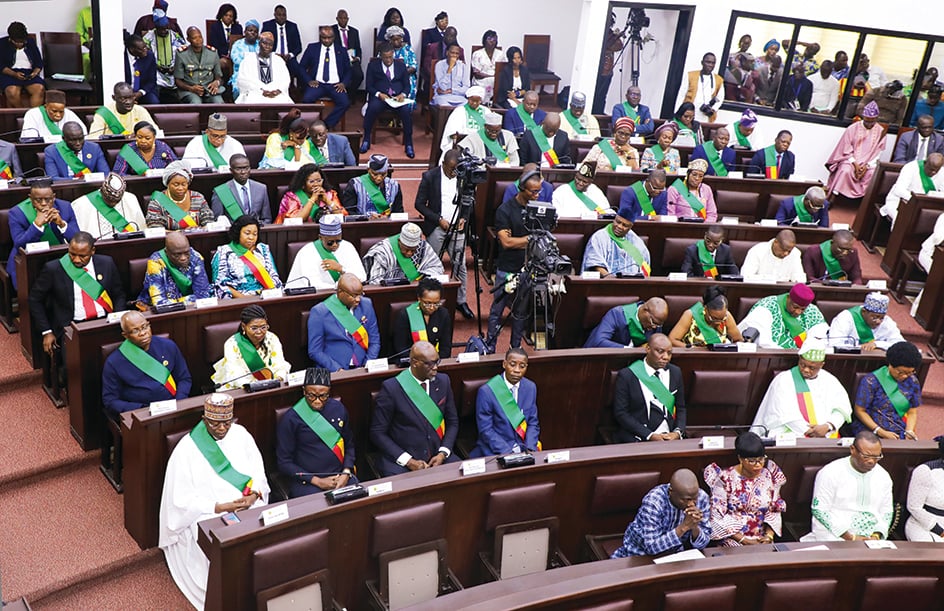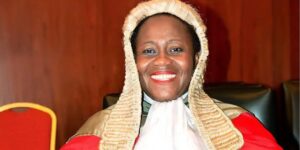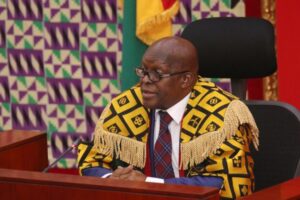
Following the inauguration ceremony of the members of the 9th Parliament, the elected representatives of the people proceeded to elect the Bureau of the National Assembly. The outgoing president, LOUIS VLAVONOU, was re-elected to head the Assembly, while a member of Les Démocrates was elected second vice-president. The elected Bureau is made up of four UPRMPs, two BRMPs and one MP from Les Démocrates.
The parliamentary election held on 8 January 2023 was a test for Benin’s democracy, coming four years after the previous parliamentary election in which only two pro-government political parties took part. This time, held according to a new electoral law and under the supervision of a renewed National Autonomous Electoral Commission (CENA), the entire national political spectrum was represented.
The results gave a comfortable majority to the coalition supporting President Patrice Talon. The two parties in powerwon 81 seats, with 53 for the Union Progressiste le Renouveau (UPR) and 28 for the Bloc Républicain (BR). This election marked the return of the opposition to the parliament for this ninth legislative term, with 28 seats going to Les Démocrates.
The opposition back in the Assembly
This is the first time that former president Thomas Boni Yayi’s political party has participated in a vote since it was founded. The leader of this party will become the leader of the opposition and will henceforth benefit frompublic funding. The party also entered the Bureau of the Assembly as vicepresident, with Louis Vlavonou reappointed as its president (see box). Ultimately, of the seven parties that ran for the 109 seats in the Assembly, three were elected to the new Assembly. The other four failed to get enough votes to pass the 10% threshold for parliamentary representation.
In November 2019, new laws were passed to revise the electoral system. Inspired by the recommendations arising from the political dialogue held the same year, and which implements certain provisions of the amended Constitution, these laws introduced changes to the electoral system such as the election management process and requirements for eligibility, amongst other things.
More women in the new Assembly
The new laws address, among other things, disparities in citizens’representation. Another major change is that the 8 January 2023 parliamentary election reserves 24 seats exclusively for women candidates, i.e. one woman for each electoral district. As a result, the new Assembly will include 28 women (25.69%), compared to just seven in the previous one (7.23%) and 9.63% in 2011, a record at the time.
This election sees Benin once again become the model of African democracy that it was under its 1990 Constitution. The elected candidates will serve for a transitional term of only three years, before the general elections scheduled for 2026.





